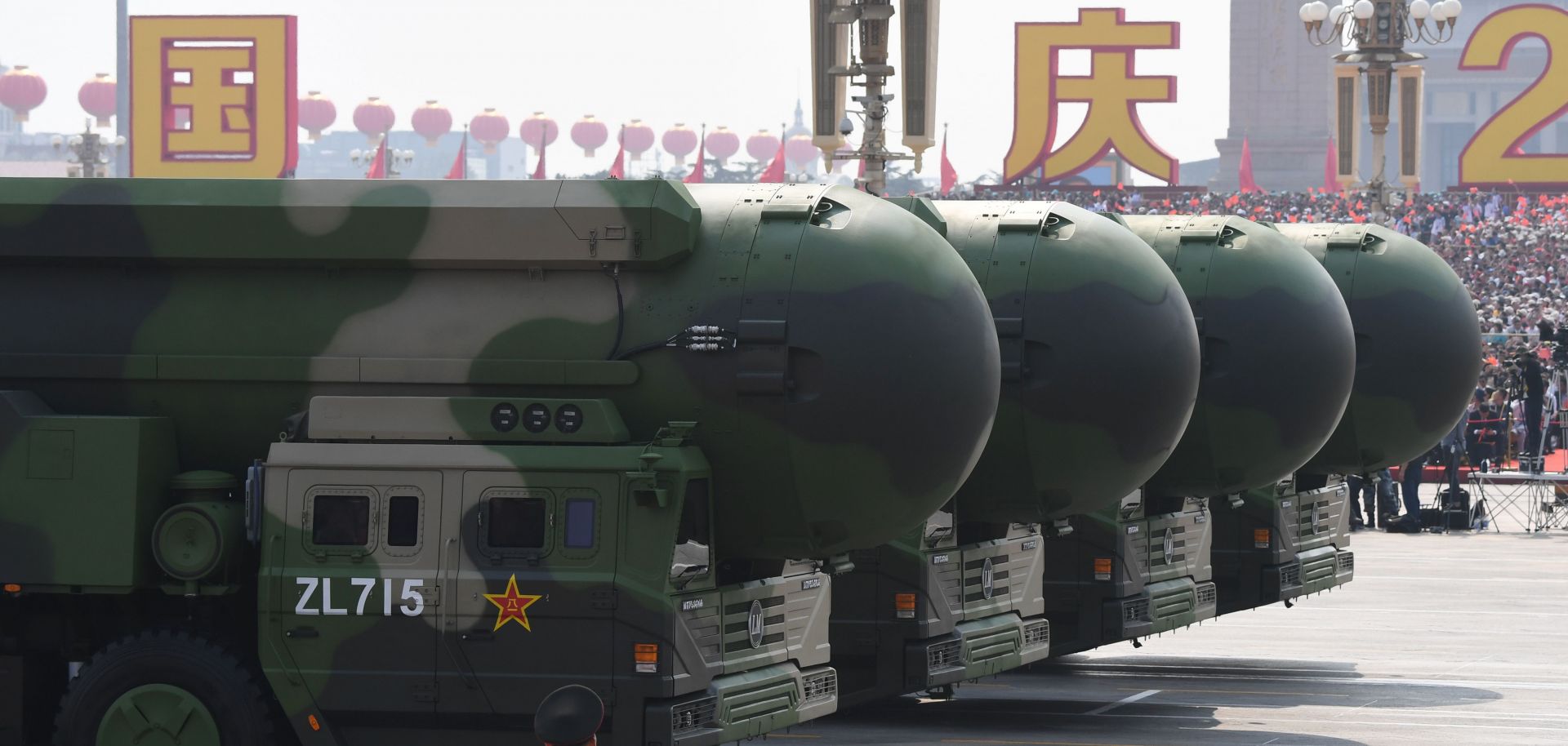The United States is seeking to buy time in upcoming arms control discussions with Russia, and could agree to a brief extension of New START in an effort to draw China into a longer-term discussion about its potential inclusion in the treaty. Washington may now be more willing to preserve core New START elements that restrict the number of strategic nuclear weapons and delivery systems that each signatory can have. The White House’s arms control negotiator, Marshall Billingslea, and Russian Deputy Foreign Minister Sergei Ryabkov are slated to finally meet in Vienna on June 22 to discuss the future of New START, which came into force in 2011 and is now set to expire in February 2021 unless both parties agree to a five-year extension provided within the treaty itself. Recent leaks from the administration of U.S. President Donald Trump have suggested that a shorter extension (i.e. less than the five...


